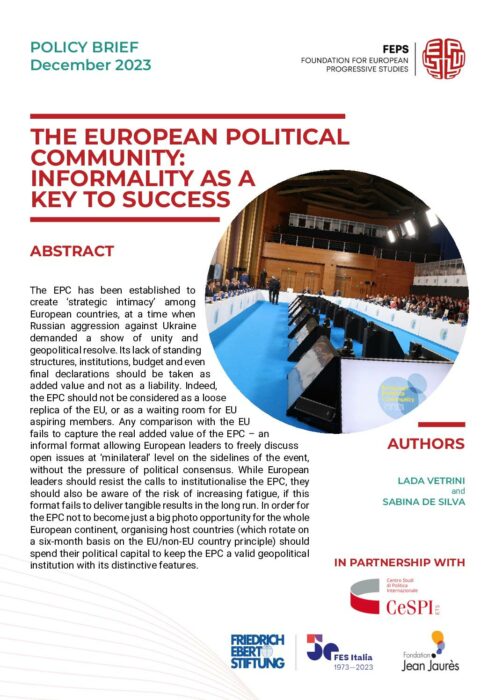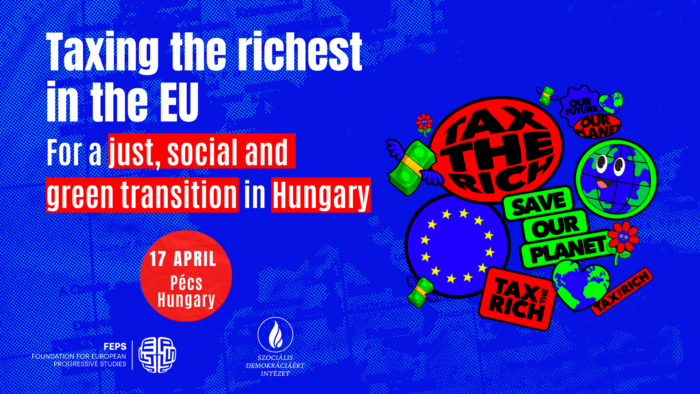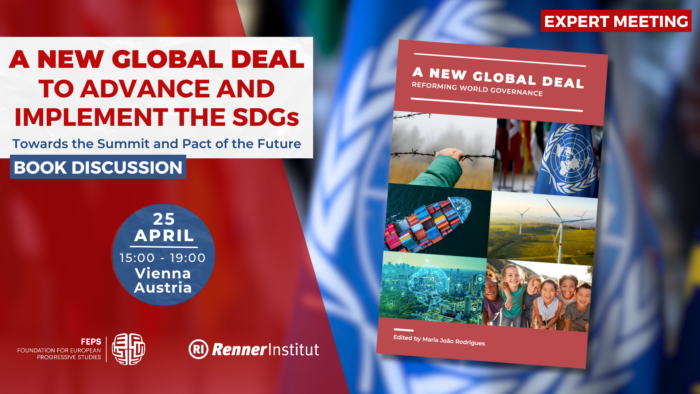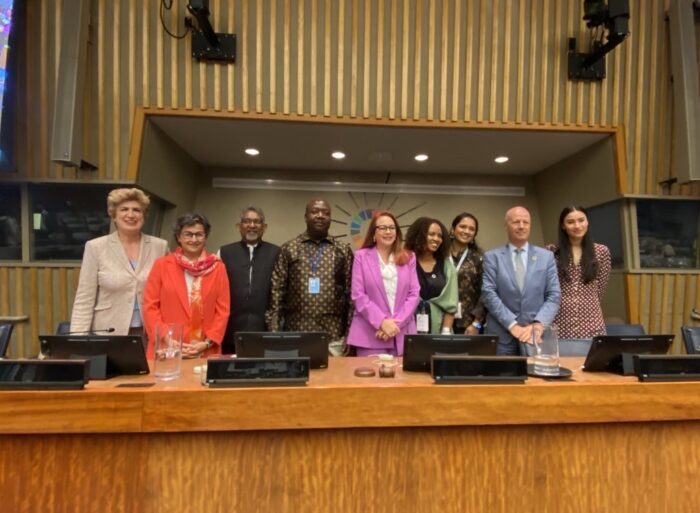Find all related publications
Publications
Find all related events
Events
Upcoming
Past
Find all related news
News
Find all related in the media
In the media
« Le moment est venu de lancer un débat sur la réforme de l’Union européenne »
by Le Monde 22/11/2023
Socialistas europeos reclaman que la Europa social sea la prioridad de la futura Comisión
by EuroEFE 09/11/2023












